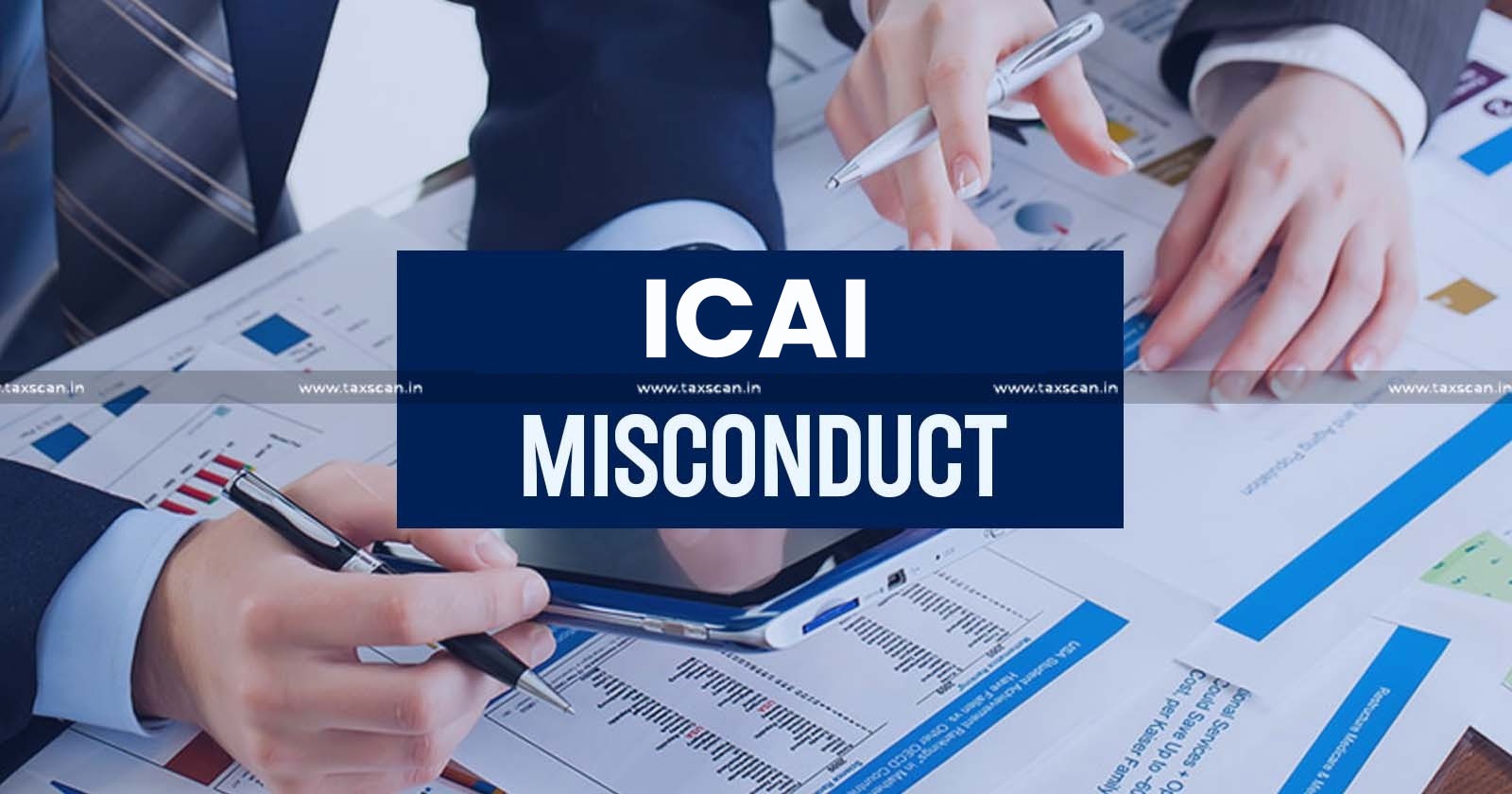Mookerjee, J.@mdashThis is an application by the Defendant for revision against a decree passed by the Court of Small Causes in a suit for recovery of compensation for loss of certain goods during transit. The Plaintiff''s case is that the Defendant Company are common carriers. They were entrusted on November 8, 1947, with 215 drums of Cocoanut Oil for carriage from Cochin and delivery to the Plaintiff at Calcutta. They were carried in S. S. "Tanjor" which reached the Calcutta Port on or about November 28, 1947. On November 30, 1947, the Plaintiff took delivery of 209 out of the 215 drums and declined to take delivery of the remaining six drums as they were found in a damaged condition and the contents were alleged to have been pilfered. On December 2, 1947, a requisition was made for survey of the damaged goods which was held by Messrs. Norman Stewart & Co. The latter reported on December 5, 1947, that the metal drums were second hand ones--one of them was found to have a cracked body, the rest had either had their sides cut or holed. They calculated the gross weight of the drums with the contents, the tare and the quantity of oil which could contain in them. The Plaintiff claimed the value of the total quantity of oil which was certified as having been contained in the said six drums. The Plaintiff alleged that the consignment was found short due to the negligence and misconduct of the Defendant and its servants and such short weight had been pointed out to the officers at the time of delivery. The Plaintiff had claimed from the Defendant Company the amount of loss sustained. The Defendant Company contested the Plaintiff''s claim. The defence was overruled and the Plaintiff''s claim decreed. The learned Judge allowed the proportionate value in respect of 5 of the drums. The claim in respect of one of the drums which was found cracked was dismissed.
2. This rule has been obtained by the Defendant Company against the decree passed.
3. Two principal contentions have been raised before me. In the first place reference is made to condition No. 2 appearing in the Bill of Lading subject to which the goods were accepted. Condition 2 was in the following terms:-
Condition 2:
The Company shall not be liable for loss, damage or delay directly or indirectly resulting from any of the following causes or perils, howsoever occasioned; viz., Act of God, King''s enemies; piracy; robbery, theft or pilferage with or without violence on board or elsewhere, and whether by persons in the service of the Company, or not; arrests and restraints of princes, rulers, or people; riot and civil commotion, strikes, lockouts, or other labour disturbances; barratry; jettison, collision, fire; breakage, or leakage; vermin; sweat; rusts; temperature of holds; climate; rain; injurious effect of other goods, whether by contact or otherwise howsoever; perils, dangers and accidents of the sea, rivers or navigation, unseaworthiness, unfitness or defect of any kind in hull, machinery, tackle, equipment, or appurtenances at the commencement or any stage of the voyage (provided reasonable means have been taken by the Company at the port of shipment to prevent same); any act, neglect or default whatsoever of pilot master, officers, marine engineers, stevedores or other servants or agents whatsoever of the Company on board or elsewhere, in the management, navigation or otherwise of the steamer or of any other steamer, belonging to the Company or in the loading, stowing, carriage, unloading or delivery of the cargo.
4. Reference is also made to a note which was made by the Ship''s Mate on the Bill of Lading which was handed over to the consignor and is marked as Ex. 11. The remarks were as follows:-
Drum old and dented S. N. R. for breakage and leakage and for obliteration of marks.
5. The Petitioner contends that the goods having been accepted on the conditions above mentioned and more especially the note made by the Ship''s Mate exculpate the Steamship from any claim for damages for loss due to pilferage, etc.
6. Secondly, it is contended that no evidence having been adduced about the weight of the 209 drums which had been taken delivery of by the consignee the learned Judge should have held that it was not possible to presume from the report of survey only as to what was the actual weight of the contents of the drums which had not been taken delivery of.
7. At one stage it had been faintly suggested that there was no evidence to show that the alleged pilferage had taken place when the goods were in the custody of the Defendant Company inasmuch as they were lying in the Port of Calcutta from after 27th November till the 30th November when they were taken delivery of. There does not, however, appear to have been any objection raised on this account in the Court below and this objection cannot be allowed to be raised at this stage.
8. If Condition No. (2) mentioned in the Bill of Lading be binding on the parties the Plaintiff is not entitled to any compensation for loss due to pilferage. On behalf of the Plaintiff it is contended that cl. (2) of the Conditions and Exceptions is not binding on the parties as the same is hit by the provisions of the Carriage of Goods by Sea Act. The rules relating to Bills of Lading as appearing in the Schedule to the Act provide under Article III, rule 8, that-
Any clause, covenant or agreement in a contract of carriage relieving carrier or the ship from liability for loss or damage to or in connection with goods arising out of negligence, fault or failure in the duties and obligations provided in this Article or lessening such liability otherwise than as provided in this Rule shall be null and void and of no effect.
Art. IV, Rule 2 further provides "neither the carrier nor the ship shall be responsible for damage arising or resulting from
***
(q) Any other cause arising without the actual fault or privity of the carriers, or without the fault or negligence of agent or carrier, but the burden of proof shall be on the person claiming the benefit of this exception to show that neither the actual fault or privity of the carrier nor the fault or negligence of the agent or the carrier contributed to the loss or damage.
9. The effect of this last provision is that save in cases of negligence expressly dealt with in the other clauses to this Rule the carrier will be protected against loss or damage until proof by him that the case falls within this specific exception unless the owner of the goods in his turn proves negligence. [Glendarroch (1894) Pro 276 and Methods v. Dreyfus (1925) A. C. 654, 660].
10. As under sub-r. (q) the onus of disproving negligence and privity is placed expressly upon the carrier and there is no attempt in the present case now before me to discharge that onus placed upon the carrier it must be held that the carrier shall be responsible for loss or damage.
11. The expression "any other cause" appearing in sub-r. (q) cannot be interpreted as being ejusdem generis to sub-rr. (a) to (p) as it is difficult to imagine any genus which would embrace them all. These words should, therefore, be given a wider interpretation and to evade his responsibility the carrier can prove that neither he nor his servants were at fault.
12. The exception as mentioned in Condition (2) of Bill of Lading clearly contravenes the provisions contained in Rule 8 of Article III read with Rule 2 of Article IV of the Schedule to the Carriage of Goods by Sea Act. The liability of the carrier has to be determined on the basis that Condition No. (2) in the Bill of Lading had not been imposed or agreed upon between the parties.
13. It is, however, further contended that the Mate''s report appearing on Ex. 11 disentitles the consignee from claiming any damages. Without going into the question whether the endorsement appearing on the Bill of Lading is admissible or not as the original Bill has not been produced which is admittedly with the Commissioners for the Port of Calcutta the exception made in the endorsement is limited to breakage and leakage. The finding of the Court below, however, is that the drums had been cut open and the cocoanut oil pilfered. The claim founded on pilferage is not excepted by the endorsement even if such endorsement be held to be admissible in evidence.
14. It must, therefore, be held that the Defendant Steamship Company is liable for loss occasioned by pilferage during the transit from Cochin to Calcutta.
15. The next contention raised on behalf of the Petitioner is that there is no material on the record to ascertain the exact quantity of oil lost during the transit. From the Bill of Lading itself it appears that at the time of despatch the total gross weight of the 215 drums was noted and the charges were calculated on the basis of such weight. It is true that there is no evidence on the record to show the gross weight of the 209 drums which had been taken delivery of on the 30th November, but we have before us the uncontroverted report of survey by Norman Stewart & Co. No attempt was made in the trial Court on behalf of the Defendant to contest the accuracy of the report as submitted by the surveyor. If such an objection had been raised at the proper stage before the trial Court the Plaintiff might have adduced further evidence. Exhibit 2 the report of survey remains unrebutted and the Court below was not in error in accepting the same and allowing the Plaintiff''s claim on the basis of such report. This Rule is accordingly discharged with costs.

